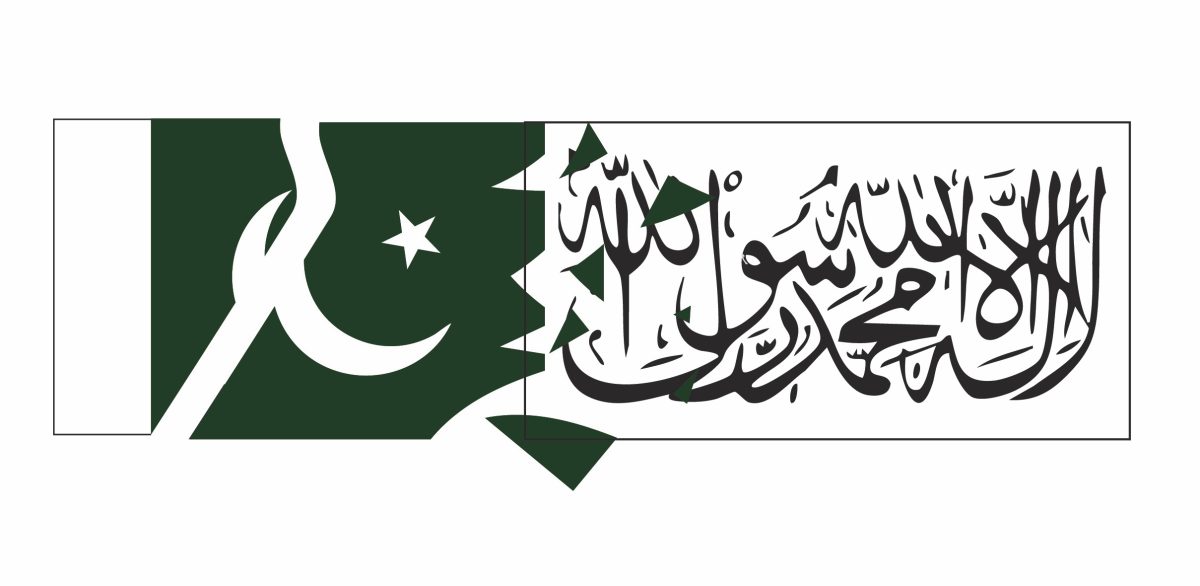
By Ahmad S. Aimaq
Since the emergence of the Taliban in 1990, it has been one of Pakistan’s most valuable political relations in recent decades. Islamabad has considered the Taliban a deep strategic tool in Afghanistan since its establishment, a defensive front that will prevent India from gaining influence on Pakistan’s western borders. But after more than three decades, that self-made puppet and close ally has become one of the biggest enemies and security threats to Pakistan.
After the Soviet Union fell in 1991, Pakistan took a central role in the formation of the Taliban through various means, such as training and finding financial support from the Pakistani military intelligence agency. The Inter-Services Intelligence, with ammunition, logistical support, and huge sums of money it had obtained from Arab countries, helped the Taliban grow rapidly to establish the desired order in many parts of Afghanistan.
In those years, Pakistan sought to establish a government that was ideologically and politically aligned with its interests and would greatly benefit from Afghan trade, as well as pave the way for trade with Central Asia.
The Taliban first captured Kabul in 1996, and after forming a self-proclaimed Islamic government, they were only able to convince three countries to recognize them: Pakistan, Saudi Arabia and the United Arab Emirates.
9/11 Attacks
The 9/11 attacks completely changed the equation, not only for the U.S., but also for Pakistan and Afghanistan. Pakistan had no choice but to join the US-led coalition, however in practice, it always maintained informal security ties with the Taliban.
Pakistan’s constant dual policy not only drew criticism from regional countries and even Washington D.C., but their relationship was based on a strategic principle: The Taliban should become strong enough to thwart India’s influence in Afghanistan, but not so strong that they would become a direct threat to Pakistan.
Return to Power
After the fall of the Republic of Afghanistan, many different groups emerged, such as the Tehreek-e-Taliban Pakistan (TTP), which is ideologically aligned with the Afghan Taliban. The TTP carried out dozens of bloody attacks on Pakistani forces with the support of the Afghan Taliban.
The Taliban have failed to resolve the differences within their group, reopen schools and prevent the complete disruption of telephone and internet networks. Their support for various proxy groups, like the TTP, promotes extremism in the region and is a clear indication of the regional jihadist mindset.
Pakistan’s support and behavior of the insurgency has strained relations between Islamabad and Kabul over the past few months and has also angered neighboring powers such as China, Iran and Russia. The Taliban are already in crisis, caught in the cycle that once gave birth to them. Using religion as a tool and promoting extremism to achieve political goals will sooner or later consume them.
Pakistan, long considered the political godfather and financial backer of the Taliban, is now embroiled in attacks by groups that feed on Afghan soil. However, this is not a war between the people of Afghanistan and Pakistan. Afghanistan has no place dealing with the sins of the Taliban’s father. But the story will not be solved so easily. The Taliban need Pakistan to gain international legitimacy, but the question is whether Islamabad can handle this heavy, costly and dangerous burden.
It seems that history is repeating itself; all countries that have used religious and linguistic extremism for their political benefit will sooner or later become victims of the same policy. Both Pakistan and Afghanistan are caught in the shadow of a terrifying violence that dates back decades, a violence that, if not controlled, a political shift in the region may have ramifications for Central Asia, South Asia, and even the world.
